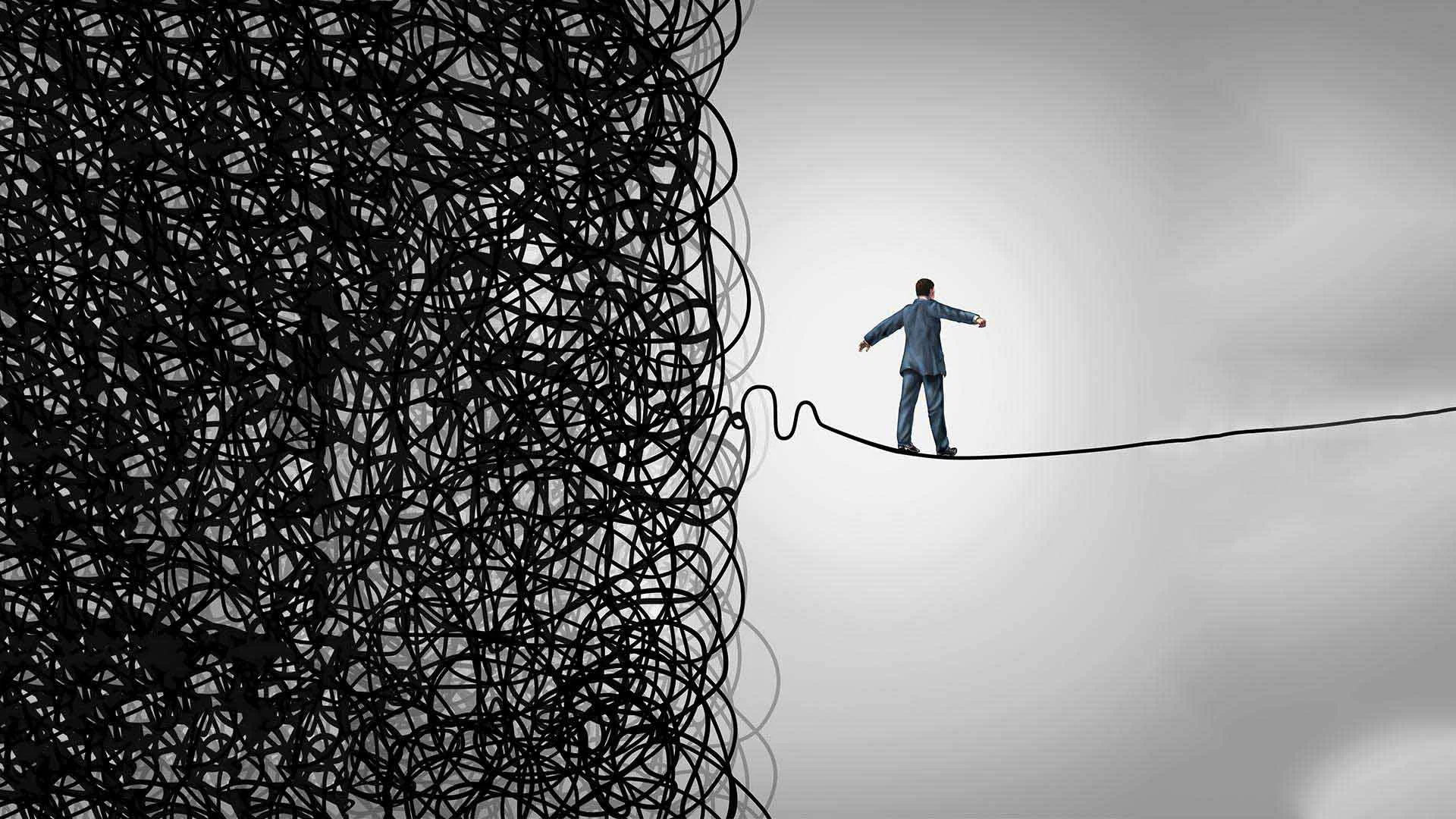Several years ago the performance artist and composer Laurie Anderson spoke with my directing students at Columbia University and advised them never to relate their dreams to other people. “No one ever wants to hear the details of your dreams,” she said. Later I shared Laurie’s insight with Leon Ingulsrud, my colleague and Co-Artistic Director of SITI Company, who then proposed a few other things that people never want to hear about: “People never want to hear about how busy you are or how tired you are,” he said.
And yet busyness and tiredness seem endemic to modern existence. Inspired by my conversations with Laurie and with Leon, I decided to simply stop using the words “I’m busy.” Not only did I stop saying “I’m busy,” but when anyone insists that I must be so busy, I deny it. “No, I am not busy.” What happened once I changed how I spoke was momentous. When I stopped saying “I’m busy,” I stopped feeling busy. And when I stopped feeling busy I stopped feeling tired. Perhaps busyness is a state of mind that is self-programmed, put into automatic drive and that profoundly affects the moment-to-moment experience of living. What I think about my life and how I describe my feeling about time passing in turn becomes my experience of time, becomes my reality.
The danger with busyness is that it can become the baseline of one’s experience. We can live in thrall to it and then forget that we have the agency to make our own choices. Does busyness give meaning to our lives; does it keep us from feeling down or from the tyranny of empty spaces? Does busyness make us feel important? In order to address these questions, I began to reevaluate my relationship to daily activities. Perhaps time is not really pressing down upon me; perhaps my relationship to time determines how I feel in any given moment. Perhaps what matters more than the activity I am engaged in at a particular moment is not only how I inhabit the moment but also how I feel about it and talk about it.
Busyness, like noise, is environmental and so omnipresent that we become numb and forget that we are living in its thrall. Because it has become the baseline of modern existence, busyness has also become a mental affliction. Why do we feel anxious or guilty when not busy? A prevailing contemporary trope, “fear of missing out,” often shortened into the acronym FOMO, is a form of social anxiety that expresses a feeling of concern that an opportunity, a novel experience or some lucrative investment is being missed. FOMO is a fidgety fear and has increased exponentially via technology such as cell phones and social networking, which encourage us to constantly compare our status with others’. It seams that the Internet has exacerbated our psychological dependence to being online, to a feeling of connection. Anxiety from a feeling of disconnection results in increased anxiety. The way people feel about the stress in their lives can be an effective predictor of their general health.
Perhaps there is such thing as temporal intelligence. Perhaps the theater is an activity that can stimulate and cultivate temporal intelligence. Or perhaps temporal intelligence is simply another way of expressing the idea of patience. But because the theater specializes in issues of time and space, it is the perfect medium to address the time-illness that currently plagues our culture. If temporal intelligence can be fostered and developed in the theater, then it starts with the theater artists. We need to become hyper sensitive to issues of time.
Throughout history the theater has been useful in specific ways at particular historical moments. Tragedy, for example, was invented in ancient Greece to provide a space and time for citizens to absorb the new concept of democracy and to consider the ramifications of democratic law and hegemonic order. In another context, say during the reign of a totalitarian regime when freedom of expression is repressed, the theater, via metaphor and allegory, can allow communication through indirect allusion. Currently we inhabit a culture in which busyness and distraction have become not only the baseline of modern existence, but also a subject matter of great confusion and concurrently, of great urgency. The theater is in a unique position to offer alternatives to the fast pace and panic of our times. One of the most powerful aspects of the theater is the artists’ ability to alter the audience’s sensation of time by consciously changing the time signature. We can change the experience of time by first paying attention how time passes.



Recent Comments